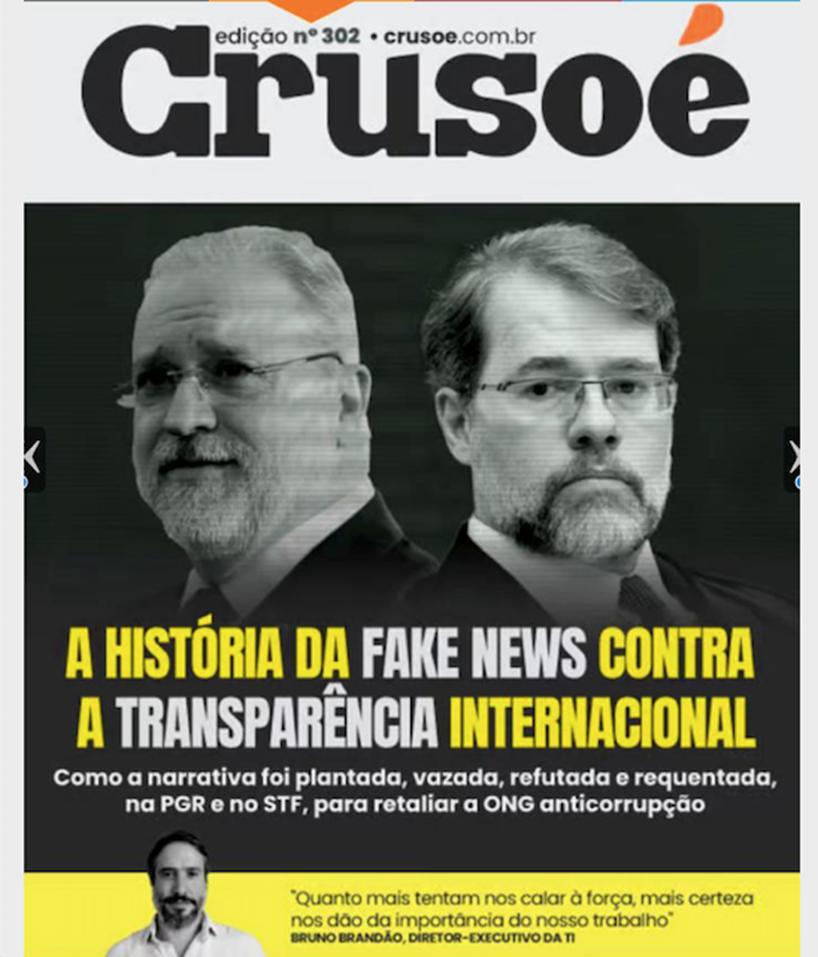GAB welcome back Craig R. Arndt, an American lawyer now living in Bangkok. Craig has advised a variety of clients on corruption-related matters and represented corruption victims in damage actions. Below he offers a coda to Government Leaders Should Watch Who Watches Them Wearing Their Pricey Watches
In 2018 the Thai public was mesmerized by a photo showing retired General and then Deputy Prime Minister Prawit Wongsuwan wearing a luxury watch. Activists soon found other photos of him sporting a variety of watches together worth $1.5 million. General Prawit was widely mocked for his explanation that they had been loaned to him by a wealthy now deceased friend and that he was not required to report them on his asset declaration form (here and here).
Thailand’s National Anticorruption Commission (NACC) did investigate the non-disclosure claim, it found nothing wrong. Prawit continued his political career, unfazed and unaffected by what had been short-lived damage to his reputation (here). He was the candidate for Prime Minister for the current ruling party in the recent election. Although that party split, his party still gained 40 seats in the face of a resounding defeat of the generals and their allies (here).
Although the NACC concluded that Prawit failure to report the watch collection did violated the asset disclosure law lot violated the law requriwas willing The agency, however, offered no justification for letting Prawit off the hook (here). Thailand’s increasingly assertive civil society was not ready to let the matter drop.
Political Activist Veera Somkwamkid asked the Administrative Court to order NACC to disclose its findings in the Prawit case. The first level administrative court agreed, and April 2023 the Supreme Administrative Court (SAC) upheld the decision and ordered full disclosure of the NACC Prawit files (here).
The SAC’s decision in the Prawit case does not set a precedent under Thai law. The NACC can thus refuse to disclose its reasoning in future cases, meaning those seeking their disclosure will have to tread the path Veera took in Prawit’s. It may a be a slow and treacherous one, but the NACC and Thai officials are on notice it’s a path determined civil society activists are willing to take.
Prawit may still find it easy to find the time of day given his glitzy watch collection, but in Thailand time may be running short on politicians of his ilk


